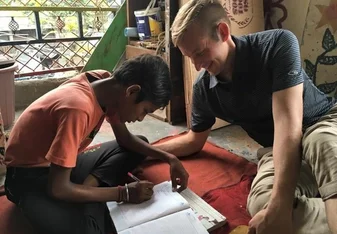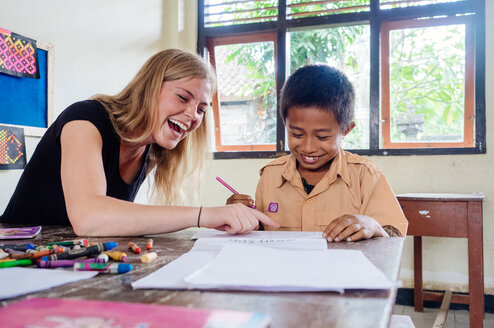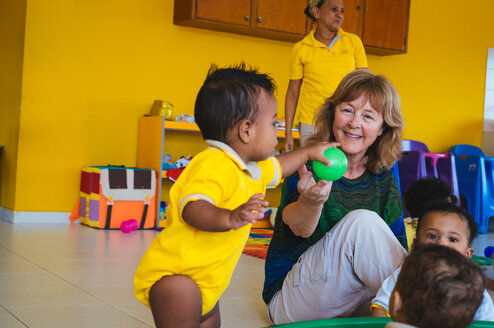AJWS - Volunteer Corps Program in India
Location
- India
Apr 14, 2016
Apr 08, 2012
0 travelers are looking at this program
About Program
The AJWS Volunteer Corps Program in India is designed to give Jewish professionals and retirees the chance to use their skills and volunteer with a grassroots organization in India. AJWS is involved with a number of organizations that advocate for women's empowerment, transgender rights, natural disaster relief, minority rights advocacy, and much more. Anywhere from 3 months to a year, Jewish volunteers can get involved with a local organization and help make a noticeable difference while volunteering their time in India. Interested volunteers should visit the AJWS for more information on ongoing projects and application procedures.








